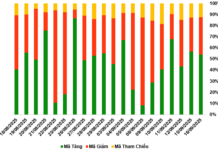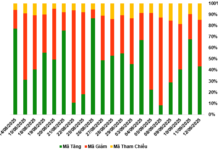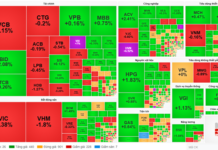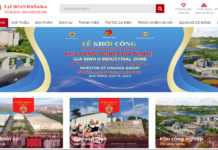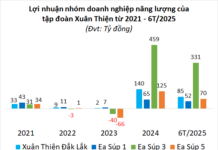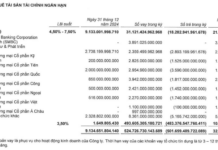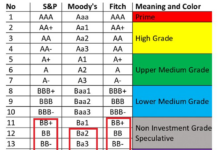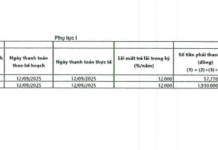Among the feedback on the draft Law on Personal Income Tax (amended) submitted to the Ministry of Finance, issues regarding taxable income have garnered significant attention.
The Ministry of Public Security proposed studying the addition of tax exemption provisions for income in the form of salaries, wages, and allowances paid from the state budget. According to the 2025 State Budget Law, personal income tax is also a budget revenue. Therefore, the state budget paying salaries and then collecting personal income tax from the same amount to return it to the budget would create unnecessary procedures, departments, and personnel.
On this matter, the Ministry of Finance stated that the Law on Personal Income Tax applies uniformly to all individuals with income reaching the taxable threshold, regardless of whether the payment source is from the state budget or the private sector. Excluding taxes on salaries and wages from the state budget would be inappropriate and could provoke public backlash.
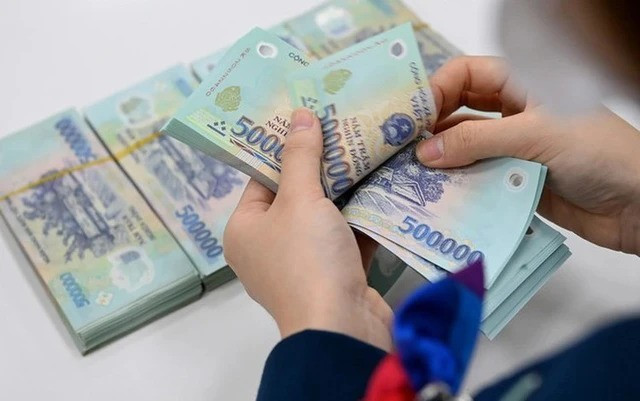
According to the Ministry of Finance, the proposal to exempt personal income tax on wages and salaries from the state budget is unsuitable and could provoke public reaction.
The principle of tax law is that individuals with the same taxable income must fulfill their tax obligations equally. Specific deductions for individuals and dependents have been clearly defined to ensure fairness.
Additionally, the Ministry of Public Security recommended studying tax exemptions for “overtime pay,” “night shift allowances,” “severance pay,” and “hardship allowances.” These allowances are intended to motivate and compensate workers for risks. If taxed, policies encouraging overtime and productivity bonuses would be less effective, disadvantaging workers, especially those in manual labor and night shifts.
Furthermore, regarding income from inheritance and gifts, the drafting agency should clarify criteria for identifying unregistered assets to ensure transparency and prevent arbitrary application. The Ministry of Public Security also suggested adding digital assets (cryptocurrencies, virtual assets) to the taxable scope to align with modern financial trends.
In response, the Ministry of Finance noted that the current Law on Personal Income Tax already includes provisions for the aforementioned incomes, which the draft amendment continues to uphold.
Meanwhile, the Ministry of Science and Technology proposed adding tax exemptions for certain non-salary incomes, including: expenses for Science and Technology Advisory Councils, expenses for technology task cost appraisal panels, and meeting allowances, conference fees under 2 million VND per session.
Acknowledging this, the Ministry of Finance stated that the draft law has added: “Income from salaries and wages for scientific, technological, and innovative tasks” as tax-exempt. If these incomes are confirmed as payments for scientific and technological tasks under the Science and Technology Law, they will be tax-exempt.
The Ho Chi Minh City Tax Consultants and Agents Association praised the tax exemption for scientists’ salaries in research but suggested expanding it to healthcare, education, and digital transformation to boost national innovation.
They also recommended including scientists funded by social or private sources to ensure fairness and encourage research. Some noted that payments from private sources should align with science fund regulations to avoid overlapping benefits.
The Ministry of Finance responded that the law already exempts taxes for scientific and innovative work, addressing these concerns.
The National Assembly Delegation of Tuyen Quang Province urged careful review of tax exemptions, limiting them to essential cases and tightening rules to prevent tax evasion and budget losses.
Finance Ministry: Tax Exemption for Budget-Funded Wage Earners Likely to Spark Backlash
During the consultation process for the draft Law on Personal Income Tax (amended), the Ministry of Public Security proposed exempting personal income tax on salaries funded by the state budget. However, the Ministry of Finance argued that the regulation should apply uniformly to all individuals whose income reaches the taxable threshold, as any deviation could provoke public backlash.
Finance Ministry Proposes Tax Exemption Threshold: How Much Income Qualifies for No Personal Income Tax?
The Ministry of Finance has recently proposed an adjustment to increase the personal income tax (PIT) threshold and the family circumstance deduction, a move that directly impacts the financial well-being of millions of workers across the country.

